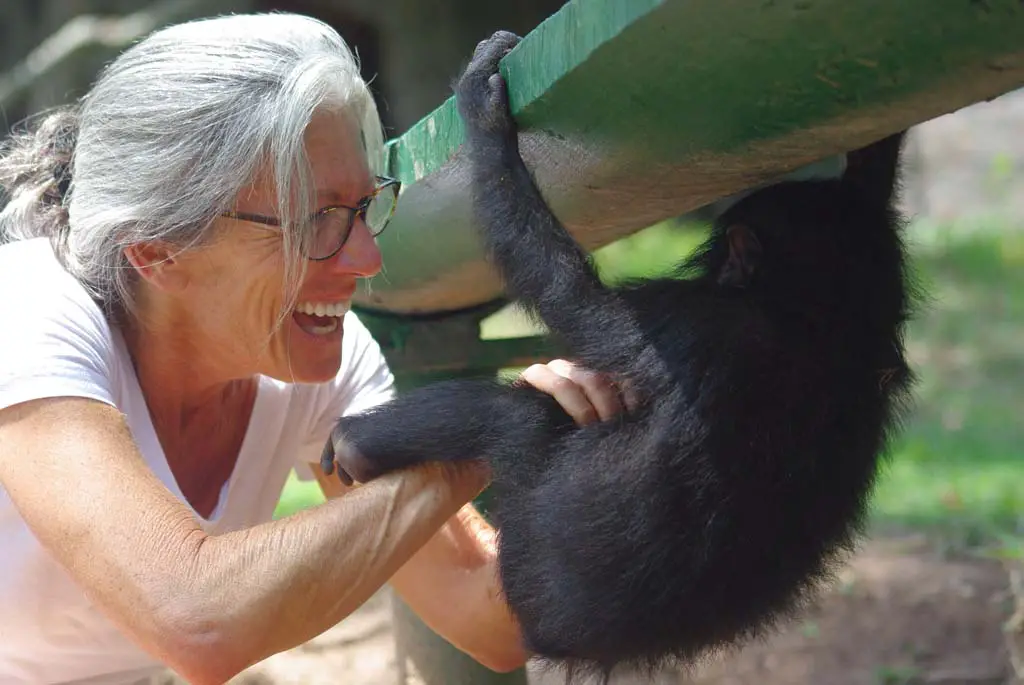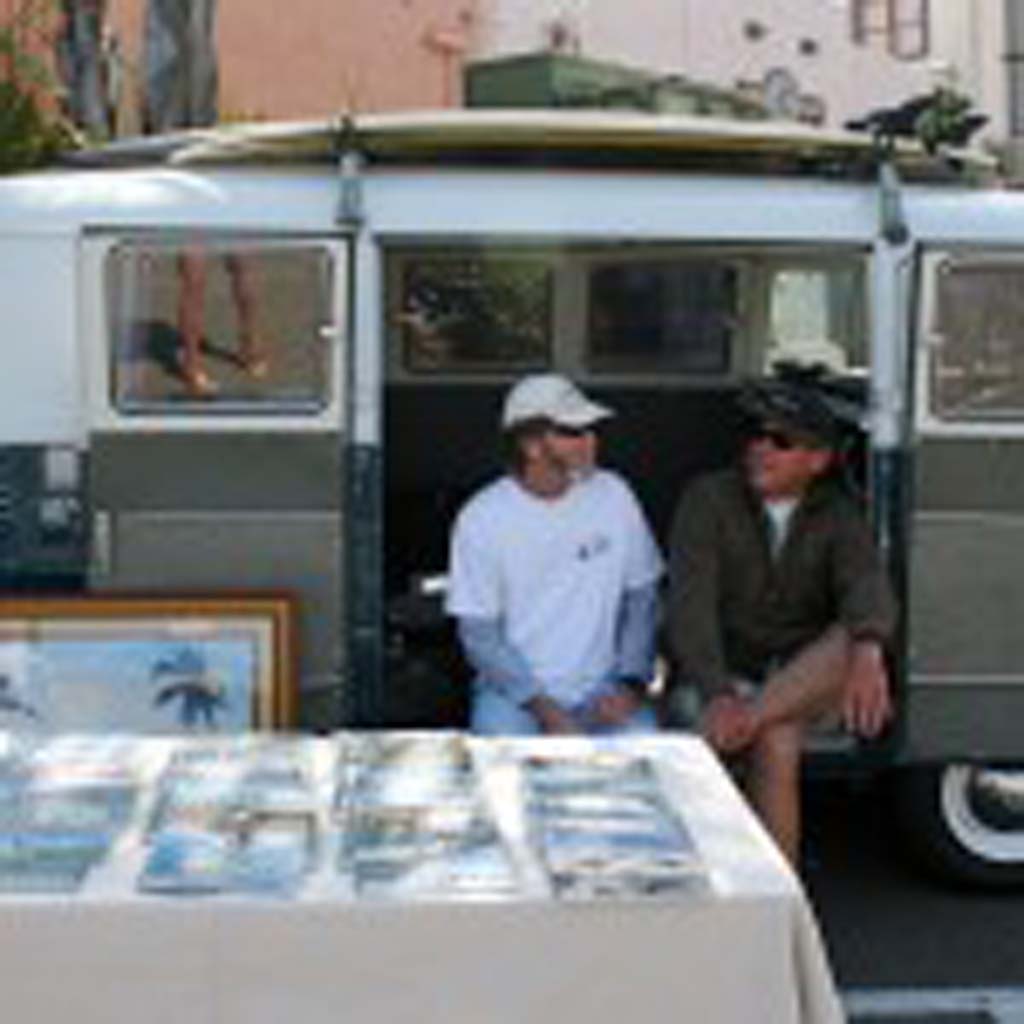Solana Beach resident looks to raise awareness of the fourth great ape
REGION — Debbie Sandler’s passion for bonobos was sparked when a professor of hers had mentioned something briefly about the fourth great apes.
Her discovery of the bonobos was, by all accounts, an “accident,” she said. Sandler’s ape of choice at the time of her studies was the orangutan.
But ever since learning about the bonobos, Sandler has become enamored by them.
Recently, Sandler has been hosting a series of talks around county libraries called, “Endangered Bonobos: The Forgotten Apes.”
Since 2010, Sandler has been involved with bonobos, shifting her energies from research to conservation.
She has spent time with the nonprofit sanctuary Lola Ya Bonobo in the Congo, which is the only site to offer rehabilitation efforts to young bonobos. The apes they foster are eventually returned to the wild.
Sharing 98.7 percent of the same DNA as humans, bonobos offers this completely opposite side of study to human beings that chimpanzees offer, Sandler explained.
“Chimpanzees show us and model the more violent, aggressive, murderous nature of human beings, and bonobos show us the kind, non-violent, non-murderous… (since they’ve been discovered in 1928 to be a separate species than the chimps)…and ever since they’ve been studied on their own as a species, have they been found to murder another in their species,” Sandler said.
According to a study from bonobo researchers, 75 percent of the population has no idea these apes even exist.
“They are the last to be discovered, and they may, in fact, be the first to go extinct,” said Sandler.
In your talks, what is the main take away that you would like people to have about the bonobos?
The fact that they exist; that they’re a species that needs our attention, (there are a lot of species that need our attention), but why this species?
Because they are so like humans; and if they go away, there goes our opportunity to study them behaviorally, biologically, chemically — to understand how they do it without violence. How they can get by with successful social systems. So, what do I want people to take away? The fact that they’re there and the fact that they need our attention, and that there is an alternative to human behavior and a model for it that these apes have for us.
Your lecture is titled, “Endangered Bonobos: the Fogotten Apes.” Why do you call them forgotten?
I am kind of copying Frans de Waal, who wrote a book called, “Bonobo: The Forgotten Ape.” But because they are the forgotten ape — they are cast aside…why talk about them when we have all this information about chimpanzees, because really they’re just the same as chimpanzees, right? Wrong. So they become forgotten.
The Congo, the DRC (Democratic Republic of Congo), has suffered from 1996 to 2003 two of the bloodiest battles. That’s the only place that these apes are found, is in the DRC and in a very specific area of the DRC…Researchers fled the area and then they haven’t been rushing back; so they don’t have a lot of attention of researchers because of their very isolated habitat, the instability of the region and therefore, they are kind of forgotten.
What are the threats facing the bonobo population?
Three things: Poaching, the exotic pet trade and their habitat encroachment and destruction.



